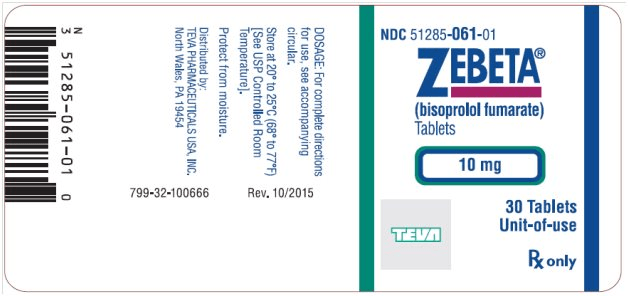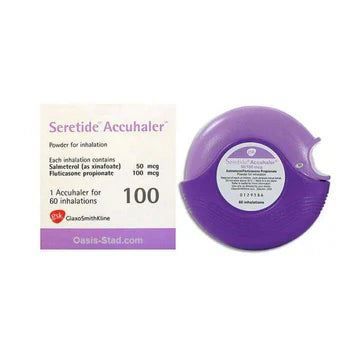
Related products
What is Zebeta?
A beta-blocker that affects the heart and circulation (blood flow through arteries and veins), Zebeta (bisoprolol) affects both. Zebeta is used to treat high blood pressure (hypertension). Zebeta can be used for additional conditions not covered in this medication guide.
Health Benefits
Lowering high blood pressure helps prevent strokes, heart attacks, and kidney problems.
Zebeta is a beta-blocker that works by slowing down the heart and decreasing the amount of blood it pumps out. This makes it easier for the heart to pump and reduces your blood pressure.
Side Effects
The most frequent side effects of Zebeta are fatigue, vertigo, headaches, diarrhea, and nausea. Inform your doctor if they continue or get worse.
Patients taking Zebeta may infrequently experience wheezing, shortness of breath, or a change in heart rhythm. These signs and symptoms need to be checked out by a doctor right away because they could indicate a serious heart condition.
Zebeta may also impair your ability to urinate or cause blurred vision. As your body gets used to the medication, these side effects ought to disappear. Inform your doctor if they continue or get worse.
Zebeta rarely causes serious side effects, but if you experience any allergic reaction symptoms like hives, rash, itching, breathing difficulties, or swelling of the face, lips, tongue, or throat, you should seek medical attention right away.
Zebeta shouldn't be administered to children under the age of 18.
It is unlikely that zebeta will harm an unborn child. If you intend to become pregnant while receiving treatment, let your doctor know.
Dosage
Zebeta comes in 5 mg and 10 mg tablet form. 5 mg once daily is typically the starting dose. If necessary, your doctor might raise your dosage to 10 mg once daily.
To reduce stomach upset, Zebeta should be taken with food or milk.
Take Zebeta regularly and at the same time every day as prescribed by your doctor to get the best results.
Do not stop taking Zebeta or skip doses without first consulting your physician. Stopping abruptly could exacerbate your condition.
Take Zebeta as soon as you remember if you miss a dose. Skip the missed dose and resume your regular dosing schedule if your next dose is almost due. Never take two doses.
Interactions
Zebeta's interaction with specific medications may result in negative side effects that are severe or even fatal. If you are taking any of the following, let your doctor know:
digoxin (Lanoxin);
a blood thinner like coumadin (warfarin);
either clonidine (Catapres);
a drug called an ACE inhibitor, such as benazepril, captopril, fosinopril, enalapril, moexipril, perindopril, quinapril, ramipril, altace, or trandolapril (Mavik).
Mechanism of Action
Zebeta is a beta-1 selective adrenergic receptor blocker. It functions by preventing certain natural chemicals from your body, like epinephrine, from acting on your heart and blood vessels. Your heart's workload is reduced along with your heart rate, blood pressure, and effect.
Pharmacokinetics
After oral administration, Zebeta is quickly and almost entirely absorbed from the digestive tract. Within two to three hours, peak plasma concentrations are reached.
Zebeta has a mean elimination half-life of roughly 10 hours. Only a small amount of zebeta is excreted unchanged in the urine; most of it is eliminated through metabolism.
Alternatives to Zebeta
Zebeta is comparable to atenolol (Tenormin), metoprolol (Lopressor, Toprol XL), and propranolol (Inderal) in terms of its effects. Additionally, these drugs are beta-blockers.
Depending on your unique medical needs and condition, your doctor might recommend a different drug.
How long does it take to work?
After taking Zebeta, the medication starts to work in one to two hours.










 Rated Excellent by 26,523+ Reviews
Rated Excellent by 26,523+ Reviews